LGBT Glossary
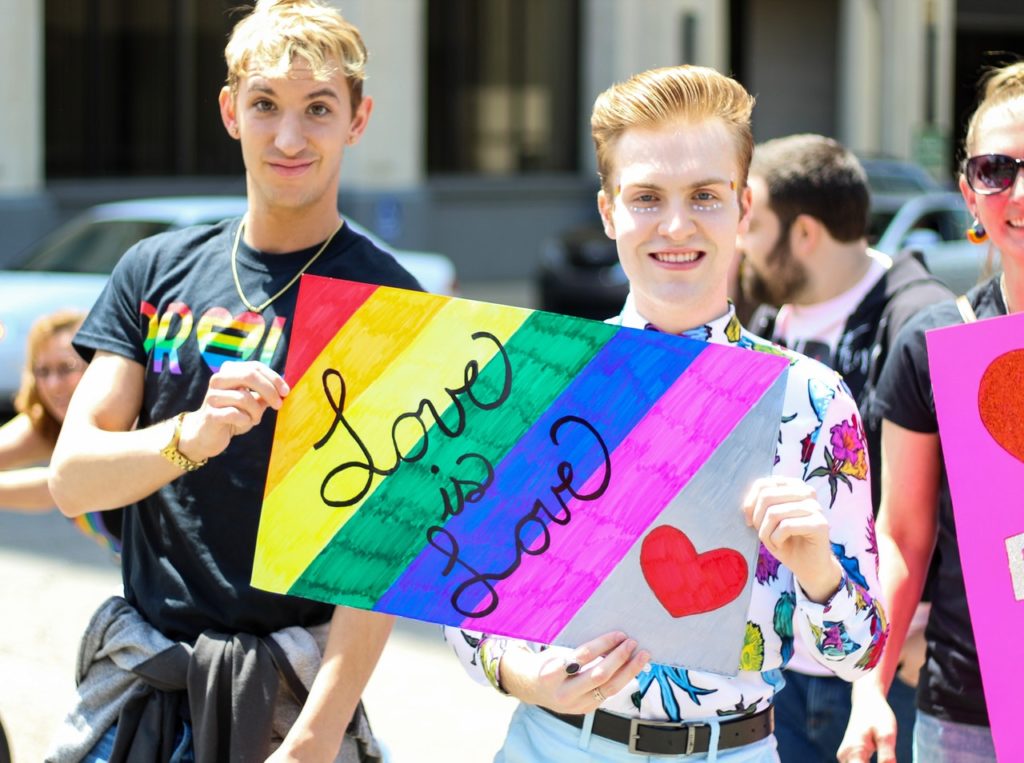
Coming Out
Coming Out is used to describe a person’s instance; self-acceptance, honesty, and full recognition with regard to the feelings of LGBT identity by lesbian, gay, bisexual and transgender people and the wider queer community. This is sharing their decision to publicly express their gender identity.
Sexual Orientation
Sexual Orientation is a longstanding pattern of attractions (physical, romantic, emotional, sexual) to women, men, or other genders.
It also refers to the individual’s sense of identity from those behaviors, attractions, and belonging in a community of others who, like them, share those attractions.
Homophobia
Homophobia is the fear of, or discrimination and prejudice and is expressed outwardly against LGBT people.
It also refers to extreme displeasure against the general concept and practice in same-sex attraction and love relationships, or feelings of aversion to people who have those feelings.
The word “homophobia” was first used in the 1970s and is more related to hate, stereotyping, and prejudice than with the physiological reactions normally attributed to a ‘phobia’.
Transphobia
This refers to a fear of, or discrimination and prejudice against transgender individuals or, who appear to go beyond the norms of gender, gender identity or gender expression.
Biphobia
This term refers to the fear of, or discrimination, hatred, bigotry, and intolerance of bisexual people, along with a strong aversion to bisexuality. Negative remarks, attitudes, and myths regarding bisexuality are often stirred towards these folk.
LGBT Information For Youth
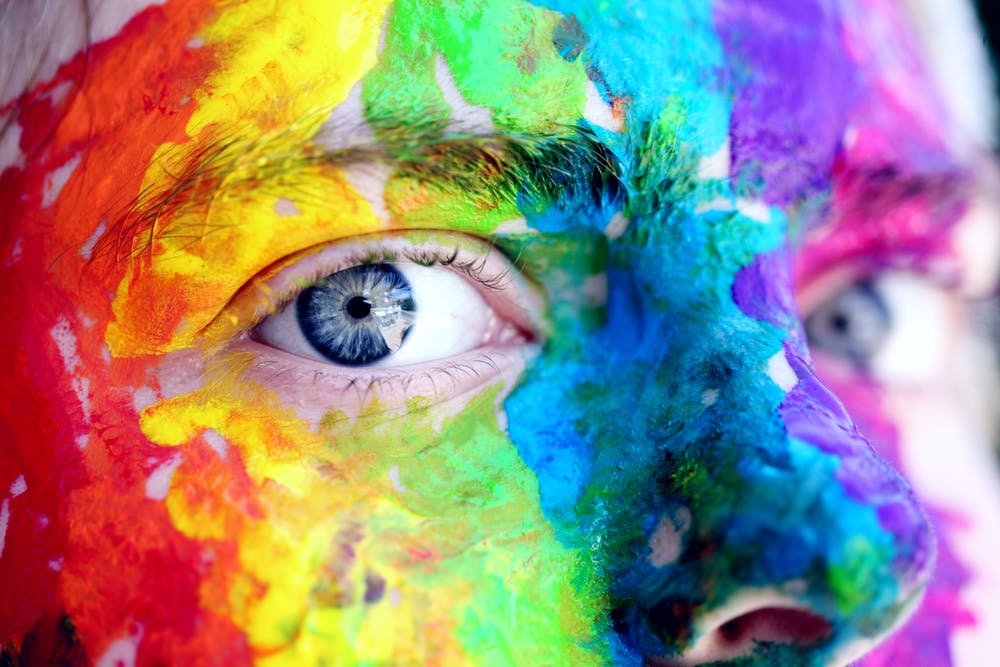
In young people, gender and sexual orientation are important parts of their identity.
Appreciating and demonstrating gender and sexual orientation, and the growth of related identities are the usual development tasks that differ across children and youth.
For example, some youth may be uncertain of their sexual orientation, whereas others have been confident about it since childhood and have expressed it from a young age.
Both exploring and expressing gender identity and roles are also a part of normal development in youth and may be influenced by individual, cultural, and social factors.
The phases of understanding and expressing gender identity and sexual orientation is wholly unique to every person. It is not considered an event that happens only once.
Issues Facing LGBT Youth
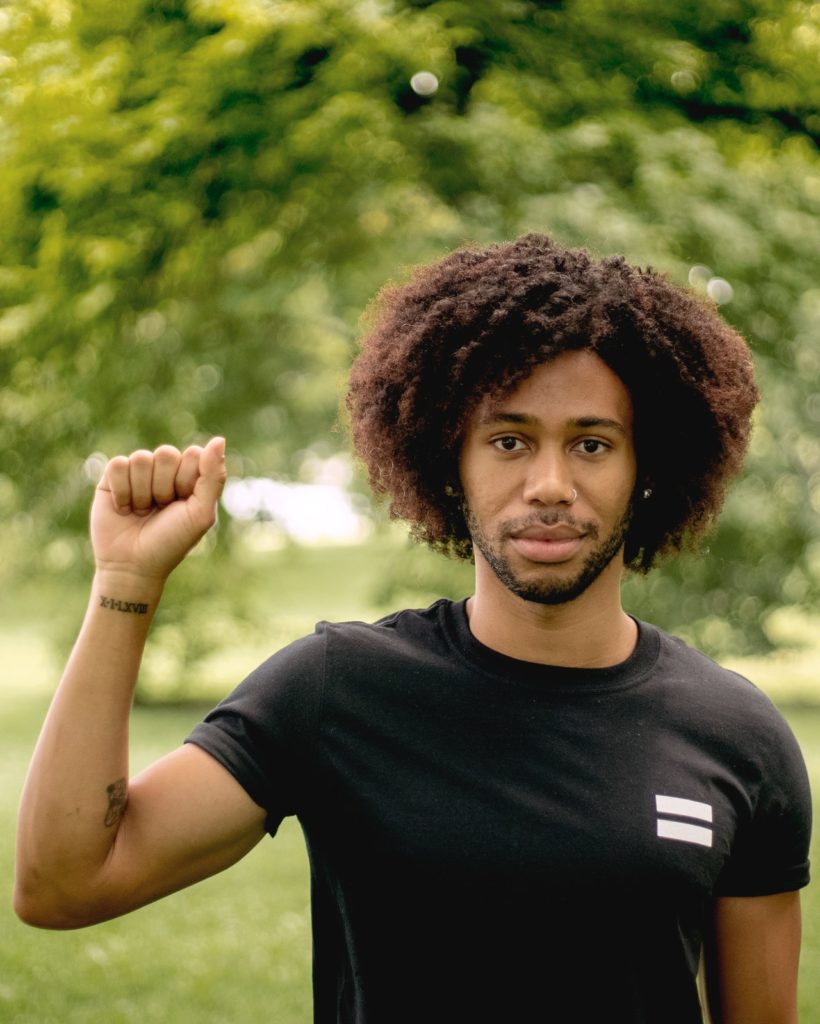
Unfortunately, much LGBT youth face different challenges on a daily basis because of how others respond to their gender expression or sexual orientation. This also includes questioning their gender identity, the way they are perceived by others, and such.
Although this research is limited, the 2018 LGBTQ Youth Report found that “these teenagers are not only experiencing heartbreaking levels of stress, anxiety, and rejection but also overwhelmingly feel unsafe in their own school classrooms. LGBTQ young people who participated in the survey also made crystal clear that supportive families and inclusive schools are key to their success and well-being.”
Why is it that, as a culture, we are more comfortable seeing two men holding guns than holding hands?
Author Ernest J. Gaines
On the other hand, there are also negative experiences that have high rates of emotional and physical bias and violence; rejection by friends and families.
Adding to this is the lack of support in schools, communities, and employment because of their gender identity.
The unbearable stress coming from these negative experiences can put LGBT young individuals’ physical, emotional, and mental health at risk. Such experiences may also lead to feelings of isolation, feeling unwanted and unloved, anxiety, and depression.
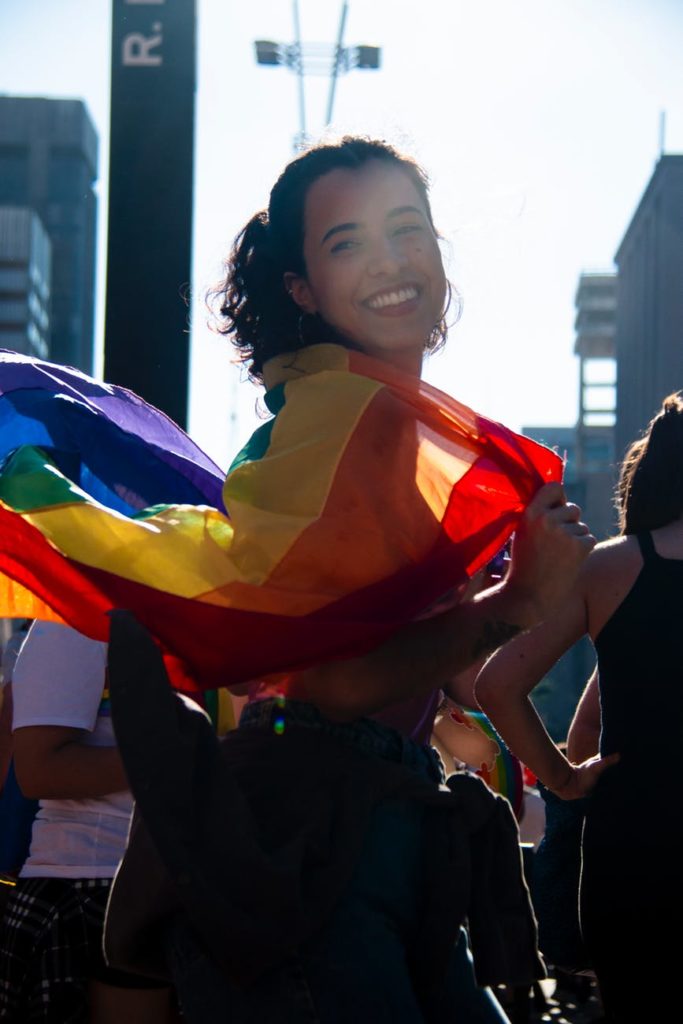
Research also shows that because of these personal challenges they face, LGBT youth are more susceptible to leave their homes, illegal use of substance, and the attempt to end their lives.
Youth who demonstrate their gender different ways from societal norms are prone to high levels of abuse during childhood: psychological, physical, and sexual. They are also at risk for bullying or humiliation at school.
Because of these, they may have poorer well-being than their bisexual, gay, and lesbian peers whose gender expression is more in-sync with societal expectations.
LGBT Discrimination in Youth
Many studies on LGBT youth have paid attention to the issues and risk factors they go through, compared with youth who are not LGBT. But, emerging research on resilience and protective factors provides strength-based attention to the well-being of LGBT youth.
Tackling LGBT-related discrimination, stigma, and violence; building and offering emotional support such as acceptance from family and friends, environments where they feel safe – schools and other settings – will help improve LGBT young people’s lives.
To date, there are practices and policies that fully recognize and focus on LGBT youth’s needs.
In the United States, LGBT youth are not left out. National advocacy and other organizations for LGBT welcome these young LGBT for help and guidance in their work. These organizations offer safe, open-minded communities and places that involve other young people such as schools that require efforts to address the issues as mentioned.
All in all, acknowledging LGBT youth and working on the influences, resilience, and strengths that help protect them from such issues helps greatly. Acceptance and care are paramount to these youth, coming from their family, friends, and other people.
LGBT & The Modern Times
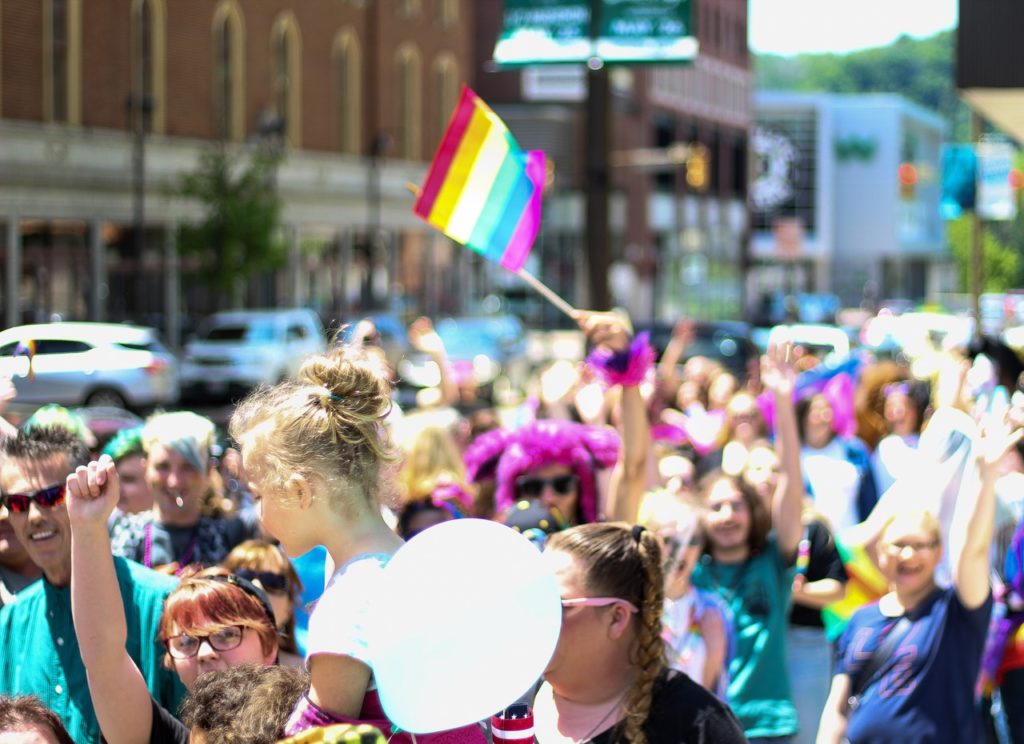
The sensational struggle toward a sense of justice and fairness to LGBT individuals tends to be veiled by various hot issues every day.
In early 2000, the rise for significant advances increased and finally, protection and recognition laws for relationship and nondiscrimination for a huge number of LGBT Americans increased sharply.
A good majority of U.S. citizens are giving out their full support to the equality of LGBT people, giving favor to the comprehensive laws to LGBT individuals that protect them from hate crime, anti-bullying, and discrimination. Acceptance to lesbian and gay relationships also marked an increase.
Enactment of such laws across the U.S. states and cities reached a success. These laws also enabled LGBT people to live full, healthy, and meaningful lives.
Phenomenal as this progress may be, the fight for equality, discrimination, violence, and justice for the LGBT people continues to this day.
LGBT Discrimination Around The World
The year 2017 proved to be the grimmest for LGBT people across the globe.
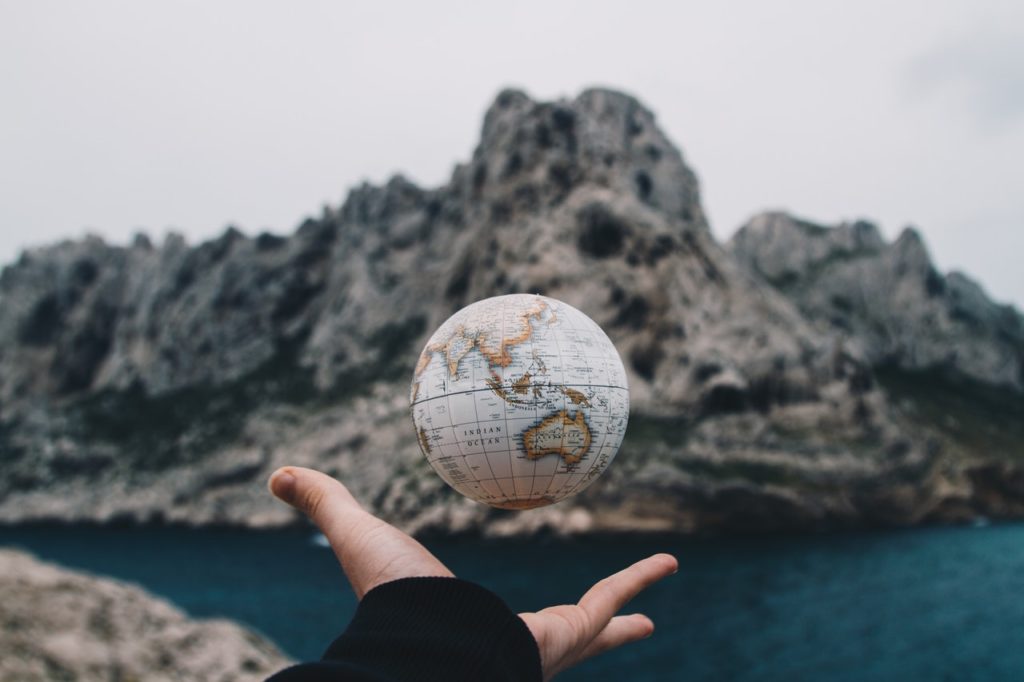
The most disturbing shift was the weight and frequency of discrimination in many cities and states, senseless violence, and random arrests against LGBT people.
The intensity in homophobia peaked and led to a series of cruel events initiated by agents in Tanzania, Egypt, Chechnya, Indonesia, among others. 2017 was indeed a year of a vicious cycle with regard to the LGBT crises.
But then, observing beyond these cruelties, progress looked very good on the side.
Court rulings in many jurisdictions for the protection and safety of the LGBT people gave positive results including the acceptance of transgender identities and recognition laws in same-sex relationships.
For many LGBT individuals, the use of dating apps and fora on the Internet has given them happy and meaningful ways to connect with others, build online friendships and groups, and other means for dating and relationships.
But, the dark, sinister web can also be a useful tool in prowling hapless LGBT individuals. Many have been victims of extortion, blackmail, and crimes.
This happens in South Korea where homosexuality is completely shunned in the military. Some military authorities were reported to confiscate smartphones of suspected soldiers. Scanning and entrapment in dating sites/apps were done to sift them out.
In Europe, the agenda for anti-LGBT is still ongoing. Yearly surveys indicated that attacks caused by bias against the LGBT community increased.

A public demonstration in the Netherlands showed of many men holding hands to show support and solidarity with gay folk who fell victims of violence.
Incidentally, the Obama administration had included gender identity and sexual orientation as parts of a bigger human rights agenda guiding foreign policy.
Governments in some parts of the world including the U.S. showed political support which has helped many LGBT groups and is part of the reason why these movements have been more visible and vocal.
Once the support weakens, LGBT movements will be subject to more vulnerability. The years of fighting for its cause and will amount to nothing at all.
Additionally, it will also send a signal that these human rights issues are not being taken seriously, paving the way for increased discrimination and violence against LGBT people.
For LGBT in all countries, being invisible has its risks and price. The closet acts as their protective shell from being legally outlawed, extreme bigotry, or worse – violent attack.
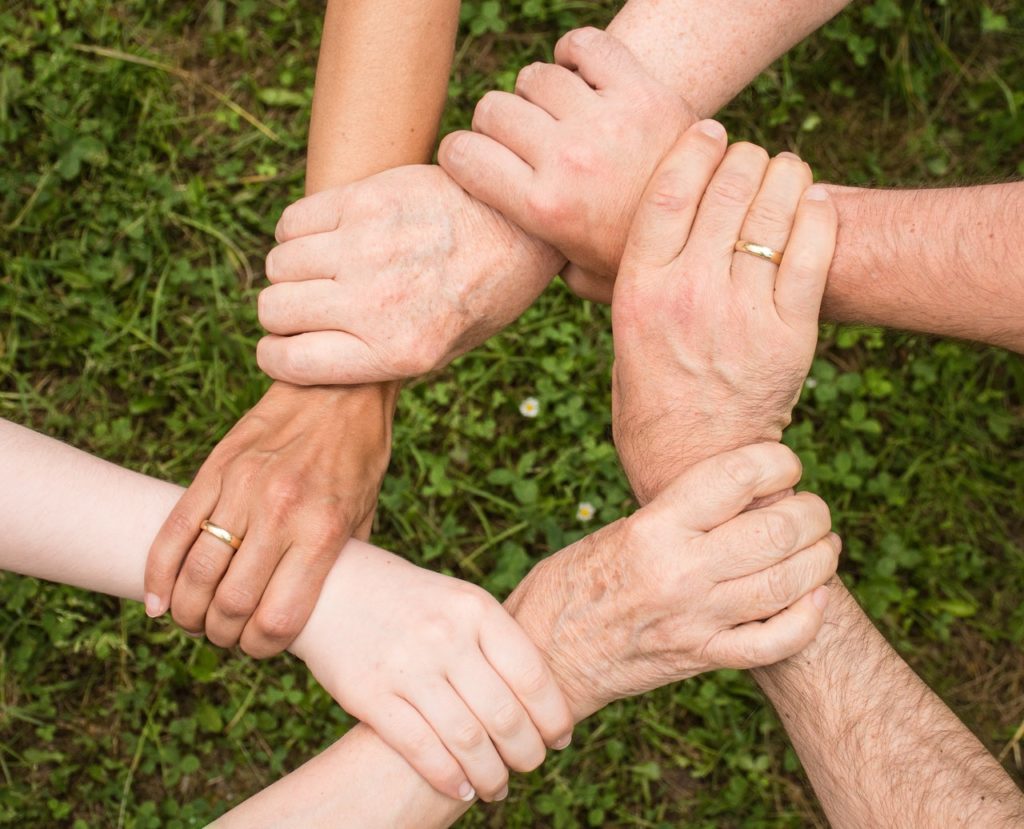
The restricted life among the LGBT people reinforces them to conceal the deep parts of themselves which can take its toll socially and personally.
Their goal has always been the need to build and connect within a community, to build lasting, loving relationships with others; and their amazing ability to unite all kinds of people and organize into one single function has many people extend their compassion, strength, and love to them. But then, these positive traits and motivations have always been denied, unfortunately.
Although there is no denying that the rights and visibility of the LGBT people increase every day in the world, many oppositions will remain strong and adamant in standing against these people. Political homophobia as well, and thus LGBT centers exist to extend help, compassion, and educate more LGBT to better living.
LGBT Centers: Serving The LGBT Community With Information & Services
Pride centers or LGBT centers are an establishment that provides LGBT people and students positive support and services. Resources, communal, and cultural are among the many services the LGBT centers offer.
Whether you identify as LGBTQ or ally, or simply wish to know more and better understand LGBT issues, anyone can contact their local/nearby LGBT Centers for queries and other matters.
- You want to learn more about the lifestyle and issues of LGBT
- You want to take part or volunteer with the Center’s activities.
- You are seeking for LGBT-friendly campus and community methods, i.e. counselors, health professionals, schools, places of worship, and coaches.
- You want to meet new friends.
- You are seeking information and/or support “coming out.”
- You want to know and understand what supports are accessible to LGBT individuals.
- You want to support a family member or friend who identifies as LGBT and the center has everything they need to know
- You are seeking and in need of fact-based LGBT-related topics for a class paper.
- You have an idea for an event or a group related to LGBT issues or gender identity and expression that you want to share.
- You are seeking a safe, loving place to talk, hang out, or do your homework.
The LGBT Centers Also Provide The Following:
- Referral and information services
- Systematized library and literary
- Facilitate on-campus training
- Community-building
- Socialization/networking events
The LGBT Centers are also responsible for organizing LGBT topics, services, and resources and conducting trainings for educational and diversity sessions for the campus community.
Activities for the LGBT Centers include:
- Serve as curators/museums for the LGBT history of a region
- Organizing town hall events between important figures (activists, religious leaders, entrepreneurs, politicians, etc) LGBT residents of the area.
- Organizing drives and fundraisers for LGBT rights purposes and solidifying the community.
- Organizing cultural events such as the commencement of local outings, sports events, and pride parades.
- Distribution of services and material for LGBT people who are diagnosed with HIV/AIDS, and other sexually-transmitted diseases.
- Distribution of material for individuals who are discovering their gender identity or sexuality.
List of LGBT Centers in the U.S.
LA LGBT Center
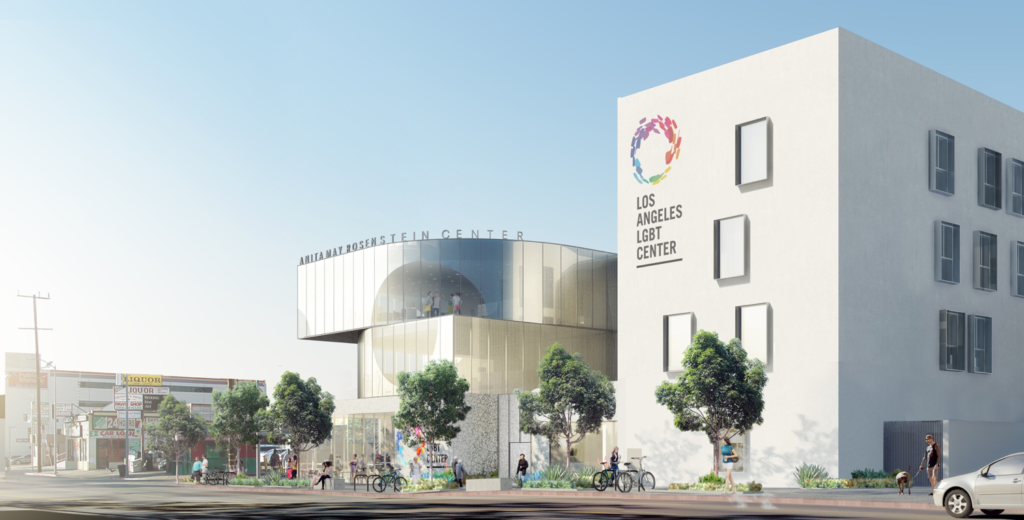
The Los Angeles LGBT Center, with lesbian and gay activist Morris Knight in as its founder in 1969, offers services and programs for LGBT individuals, and has the largest scope of services in the world.
The Center and its staff have dedicated their time and effort into bringing justice, opportunities, and health services to the LGBT community in Los Angeles since 1969.
Services
Listed next are the services they provide:
- Advocacy and leadership
- Housing
- Social services
- Health services
Website: lalgbtcenter.org
Location: McDonald/Wright Building
1625 N. Schrader Boulevard
Los Angeles, CA 90028-6213
Phone number: 323-993-7400
LGBT Center NYC
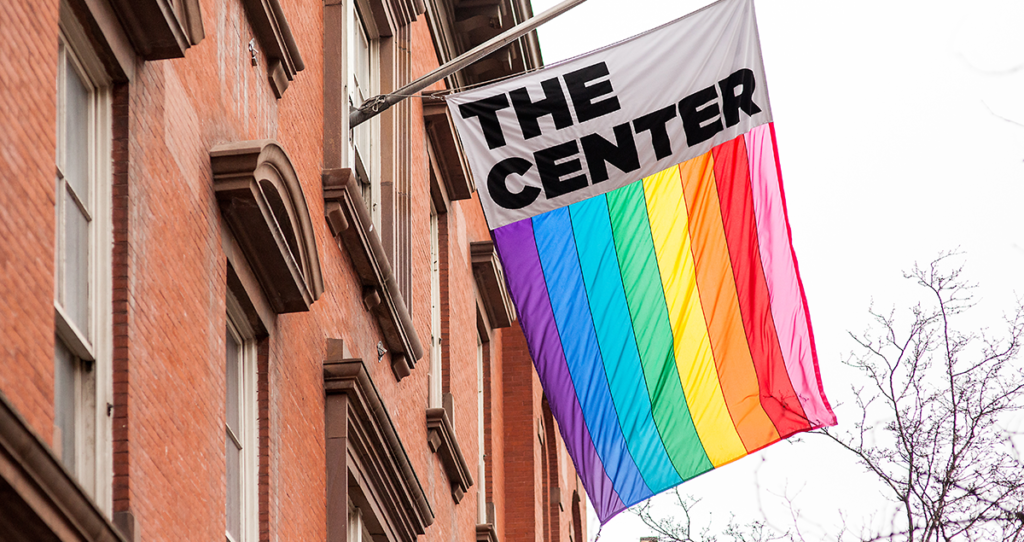
The LGBT Center NYC is a place for LGBTQ community whose goal is to provide social changes, systematization, and innovation for the LGBT community.
Work in the LGBT Center NYC involves designing a strategic policy agenda with standards for achieving success which includes enforcement, helpful educational fora, and policy analysis about the issues that most affect the LGBTQ community in New York.
Empowering LGBT folk to ensure healthy, successful lives, the LGBT Center NYC is dedicated to advocating equality, opportunities, and diversity.
Services
Transgender Economic Programs
- Encouraging and supporting members of the transgender community to helpful, meaningful resources to fight inequality, unemployment, and poverty.
Assistance for Stability & Livelihood
- Offering access to housing, employment, and education resources with an emphasis on the LGBT young people, the transgender community, and women.
Treatment for Substance Abuse
- Fighting dependency on substance with an outpatient substance use treatment program made for young LGBT people and older.
Referral and Information
- A list of information, events, and activities on everything about LGBT in New York.
Website: gaycenter.org
Location: 208 W 13 St. New York, NY 10011
Phone number: 212.620.7310
Email: Media Services – media@gaycenter.org
Fax: 212.924.2657
San Francisco LGBT Center

Started in 2002, the San Francisco LGBT Center serves all LGBT communities and plays an important role not only in providing a home for the LGBT folk but services that ensure their overall well-being. The SF LGBT Center connects individuals who need support, safe space, and resources to lead better lives.
The Center strives to strengthen the LGBT community by giving positive opportunities, offering aid, and building resources and culture for the next generations. Deemed as a leader and champion for the LGBT people, the SF LGBT Center has several programs to assist and educate the community against discrimination, inequality, and lack of support system.
Services
- Small business
- Employment
- Youth services
- Resources
- Community
- Volunteering
- Financial/Housing
- Arts & Culture
Website: sfcenter.org
Location: 1800 Market Street,
San Francisco, CA 94102
Phone number: 415-865-5555
San Diego LGBT Center
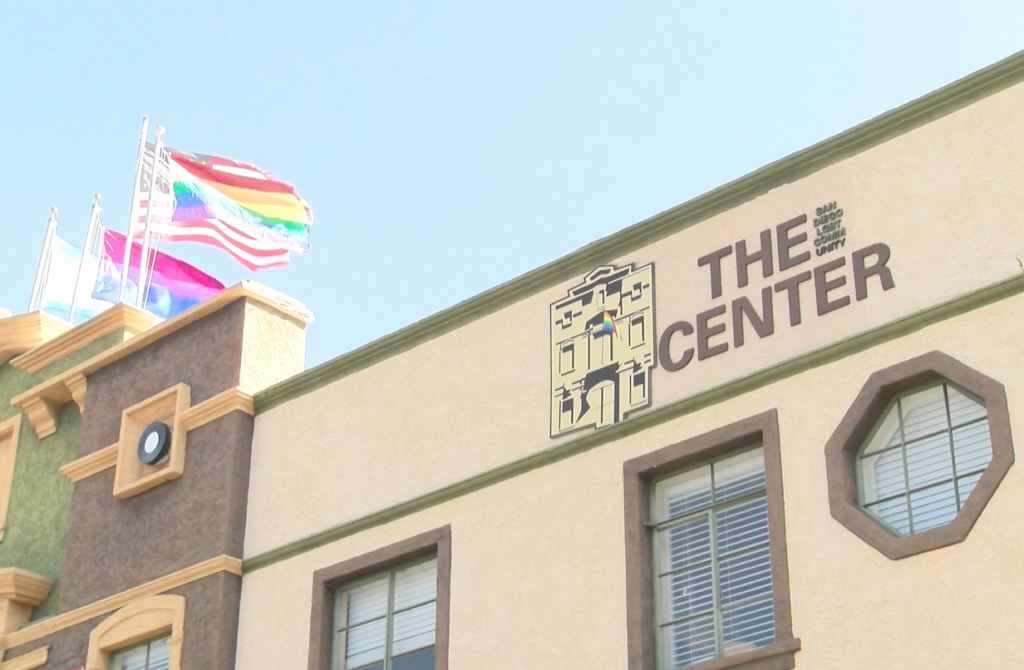
The San Diego LGBT Center commenced its services with humble beginnings. In 1972, the Center was a 24-hour hotline for individuals who needed counseling for military and LGBT concerns. The “planning committee”, led by Jess Jessop, accommodated these calls and slowly became the Center for Social Services.
Jessop and the rest of the committee understood that the LGBT community needed more, and thus built a small organization that provides health, education, and social services to the community.
The Center worked with community members with professional health services for mental health and continues to provide such services today.
Operating as the presenter of the San Diego LGBT community’s organization, the San Diego LGBT Center is here to meet the goals advocating LGBT human rights and wellness.
Services & Programs
- Young Professionals Council
- Youth Services
- Women’s Services
- Transgender Services
- Senior Services
- Men’s Services
- Latin Services
- HIV Services
- Families at the Center
- David Bohnett Cyber Center
- #BETHEGENERATION
- Behavioral Health Services
Website: thecentersd.org
Locations:
- Centre Street Location: 3909 Centre St, San Diego, CA 92103
- Sunburst Youth Housing Project: 1640 Broadway, San Diego, CA 92101
- Hillcrest Youth Center: 1807 Robinson Ave, Suite 106, San Diego, CA 92103
- South Bay Youth Center: 1180 Third Ave, Suite C1, Chula Vista, CA 91911
Helpful resources:
- https://www.hrc.org/resources/2018-lgbtq-youth-report
- https://www.amnesty.org/en/what-we-do/discrimination/lgbt-rights/
- https://www.apa.org/pi/lgbt/resources/history
- https://www.ncbi.nlm.nih.gov/books/n/nap13128/acronymsandabbreviations.gl1/def-item/acronymsandabbreviations.gl1-d24/
- https://lgbt.ie/get-information/trans-and-gender-expression/
- https://lgbt.ie/trans-peer-support-groups/
- https://www.britannica.com/topic/transvestism
- https://en.wikipedia.org/wiki/LGBT_history



